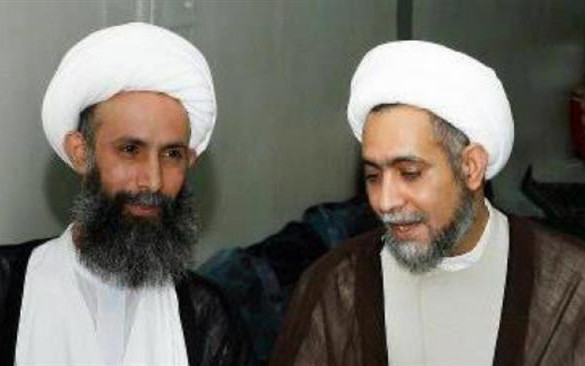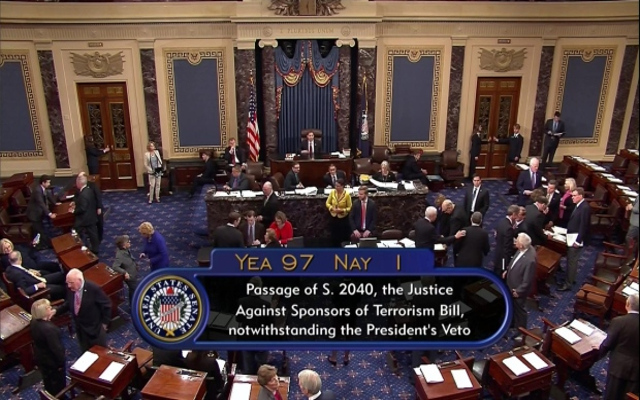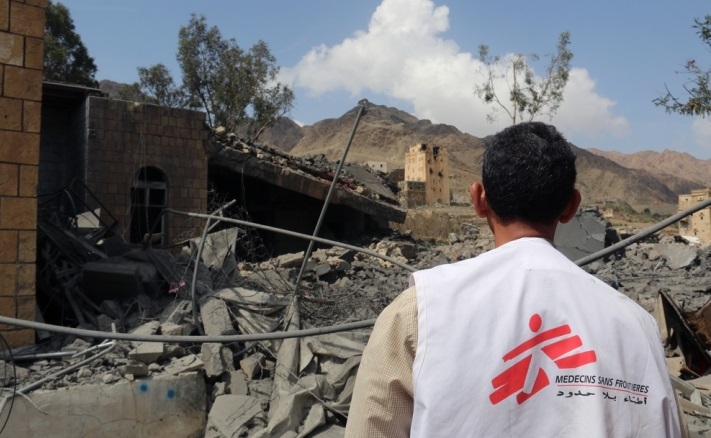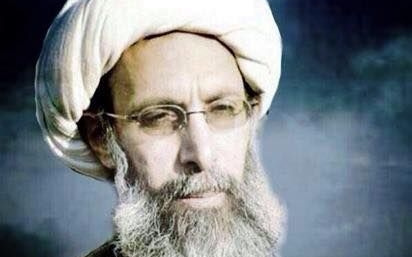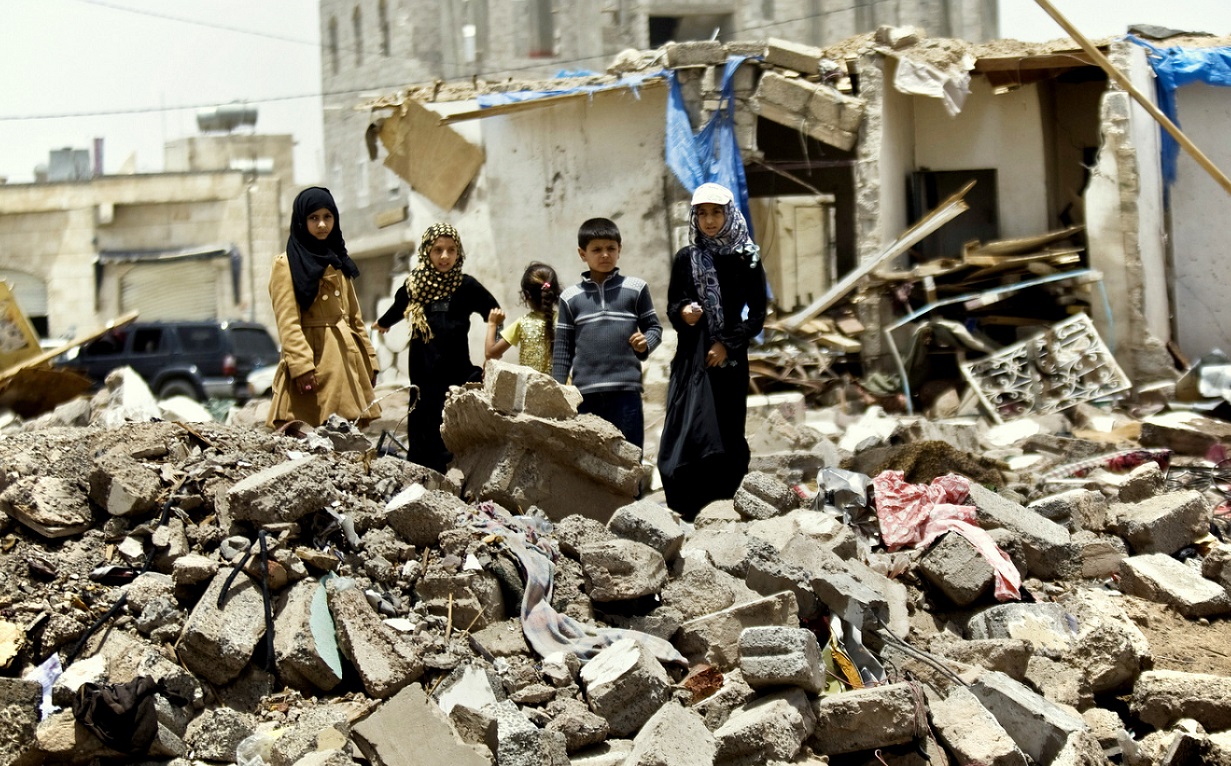The Government of Saudi Arabia targets and prosecutes political and religious activists who speak out against the government. Among those it targets are dissident clerics from the kingdom’s restive Eastern Province Shia minority like Sheikh Nimr Baqir al-Nimr. Sheikh Nimr was a forceful critic of the government. Due to his speeches, Saudi security forces harassed[…]
29 September 2016 – Yesterday, Congress voted to override President Obama’s veto of the Justice Against Sponsors of Terrorism Act (JASTA). The JASTA bill would allow victims of terrorism to sue foreign governments for any complicity and support of terrorism in US courts. Both the House of Representatives and the Senate overrode the veto by[…]
On Tuesday, Medicins Sans Frontieres (MSF) released the findings from their investigations into two Saudi-led coalition airstrikes on medical facilities in Yemen. The attacks struck an MSF clinic in Taiz city on 2 December 2015 and, more recently, targeted a hospital in Abs, Hajjah province on 15 August 2016. In both cases, the report concludes the bombings[…]
Sheikh Nimr Baqir al-Nimr was an ardent advocate against all forms of oppression. He was a Shia cleric who pushed for equality for Saudi Arabia’s Shia Muslim population, while also promoting increased political freedom for the kingdom’s Sunni Muslims. His ideals have resonated around the country and across sectarian lines. Much of the appeal of[…]
Last week the United States (US) Senate failed to pass a bipartisan resolution (SJ Res 39) that would have condemned and suspended a $1.15 billion tank sale to the Kingdom of Saudi Arabia. The debate took place after incriminating reports revealed US weapons were involved in recent, and particularly heinous, attacks in Yemen. The failure[…]


